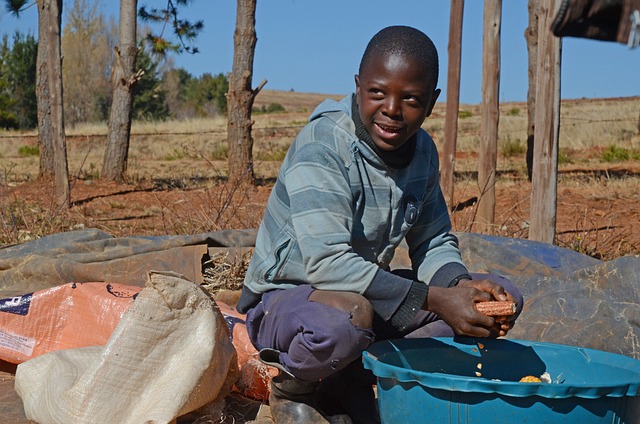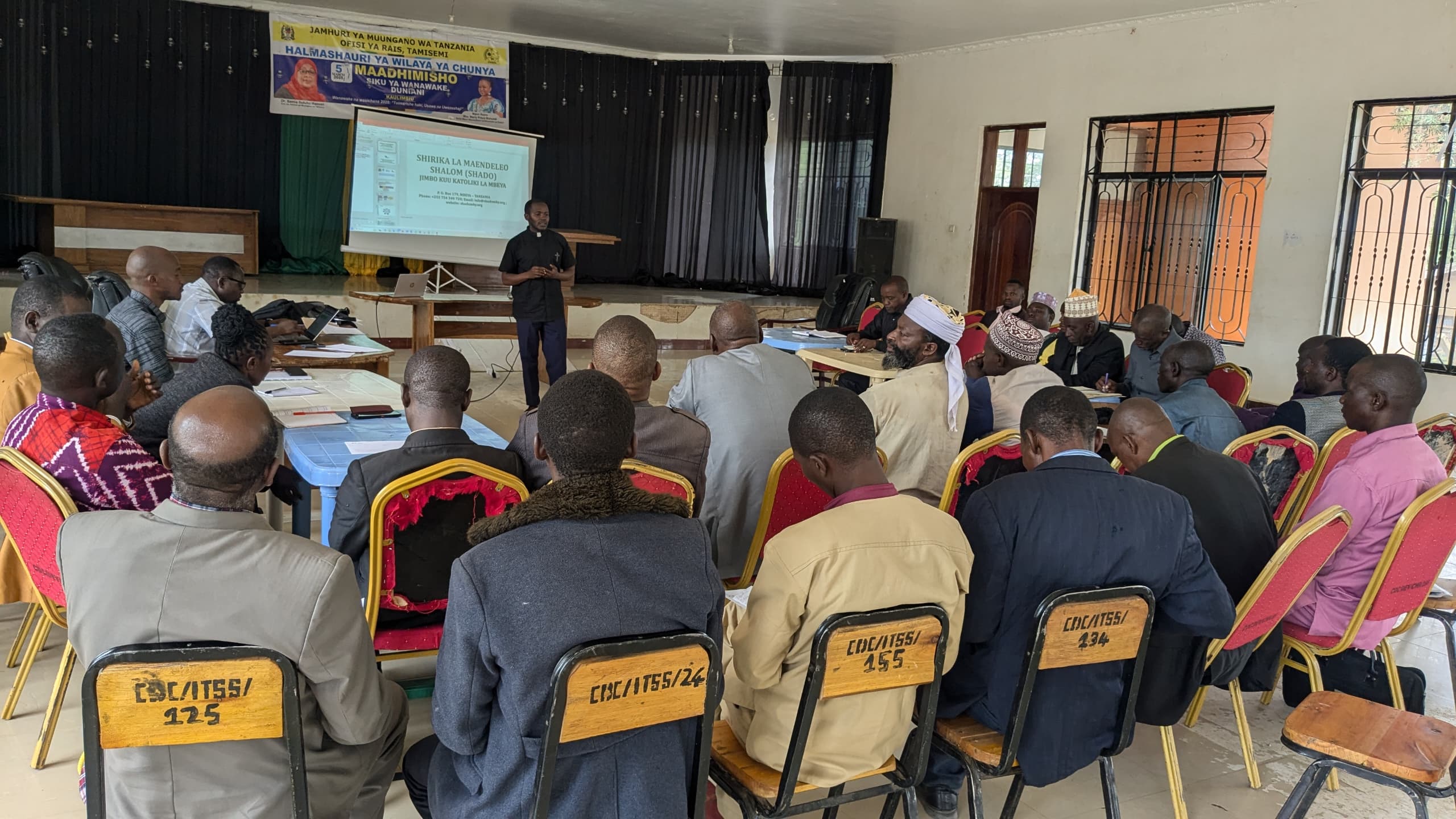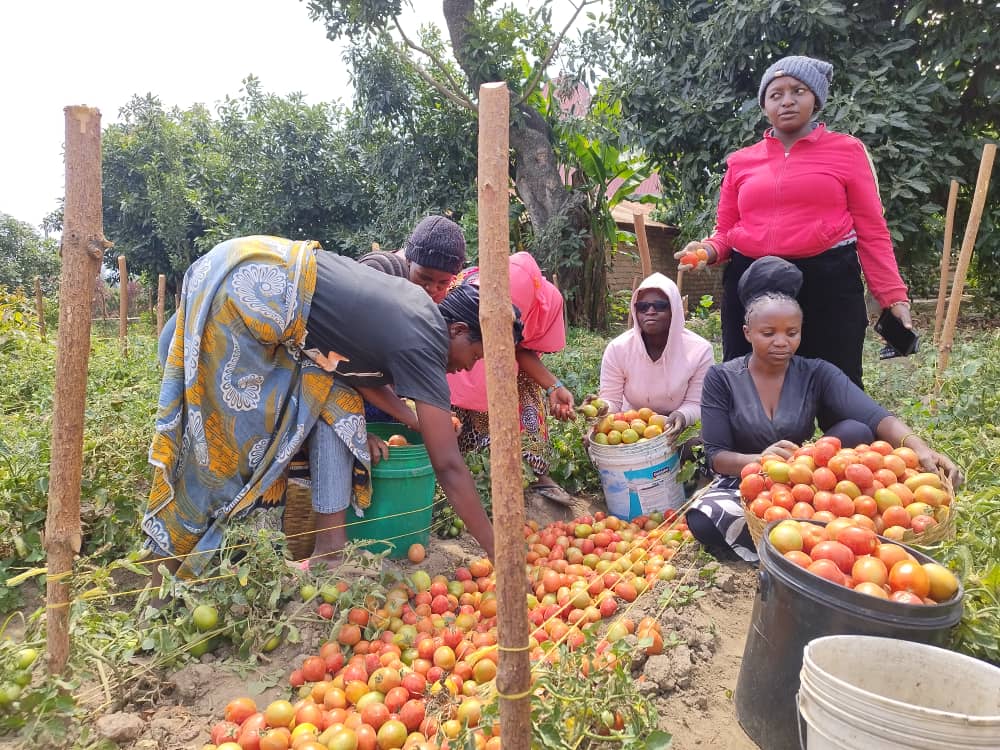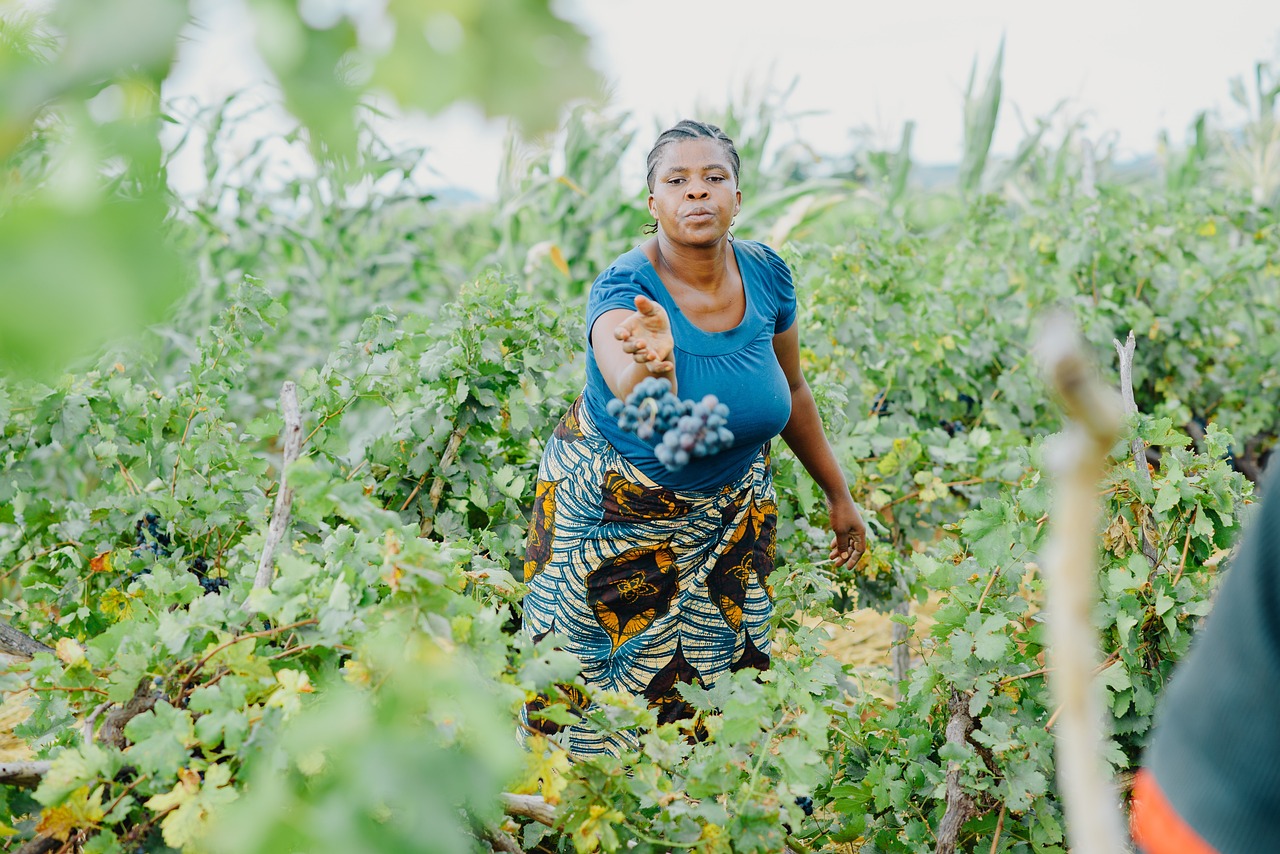Introduction: In the vast landscapes of Africa, there are children who face extraordinary challenges as they navigate through life in harsh and unforgiving environments. Poverty, conflict, displacement, and limited access to basic services threaten their well-being and potential. However, organizations dedicated to empowering African children living in these difficult circumstances are making a remarkable difference, providing them with the support, resources, and opportunities they need to overcome adversity and build a brighter future. In this blog post, we will explore the significance of helping African children in challenging environments, the obstacles they face, and the inspiring efforts being made to nurture their resilience and unlock their potential.
Understanding the Challenges Faced by African Children in Hard Environments: African children living in challenging environments encounter a myriad of obstacles that hinder their well-being and development:
a) Poverty and Lack of Basic Services: Many children grow up in extreme poverty, lacking access to clean water, nutritious food, healthcare, and education. These deprivations significantly impact their physical and cognitive development.
b) Conflict and Instability: Ongoing conflicts and political instability in some regions of Africa disrupt the lives of children, leading to displacement, loss of family members, and exposure to violence and trauma.
c) Limited Access to Education: Many children in challenging environments are unable to attend school due to various barriers, including the lack of nearby schools, unaffordable school fees, and the need to contribute to household income through labor.
d) Health and Sanitation Risks: Inadequate healthcare facilities, lack of sanitation infrastructure, and prevalence of diseases pose significant health risks to children, compromising their well-being and overall development.
e) Emotional and Psychological Impact: Living in challenging environments takes a toll on the emotional and psychological well-being of children. They may experience stress, anxiety, and a sense of hopelessness, affecting their ability to learn and grow.
The Importance of Helping African Children in Challenging Environments: Empowering African children living in challenging environments is essential for several reasons:
a) Human Rights and Social Justice: Every child deserves the right to a safe and nurturing environment, access to education, healthcare, and the opportunity to reach their full potential. By supporting these children, we uphold their inherent rights and work towards a more just and equitable society.
b) Breaking the Cycle of Poverty: By providing children with education and skills, we equip them with the tools to break free from the cycle of poverty and create a better future for themselves, their families, and their communities.
c) Investing in Africa's Future: African children are the future leaders, innovators, and change-makers of the continent. By investing in their education and well-being, we contribute to the long-term development and prosperity of Africa as a whole.
Empowering African Children in Challenging Environments: Organizations and initiatives are dedicated to empowering African children living in challenging environments, offering support and opportunities that can transform their lives:
a) Access to Education: Initiatives focus on providing access to quality education for children in underserved communities. This includes building schools, providing scholarships, and addressing barriers such as school fees and transportation.
b) Health and Nutrition Interventions: Organizations offer healthcare services, immunizations, and nutritional support to ensure the well-being of children. This includes establishing health clinics, training healthcare workers, and raising awareness about hygiene and sanitation practices.
c) Psychosocial Support: Programs focus on providing emotional and psychological support to children who have experienced trauma or displacement. This includes counseling services, recreational activities, and safe spaces where children can heal and rebuild their lives.
d) Skills Training and Vocational Programs: To empower older children and adolescents, organizations offer vocational training and skills development programs. These initiatives equip children with practical skills and knowledge that can lead to income-generating opportunities, entrepreneurship, and self-sufficiency.
e) Child Protection and Advocacy: Organizations work to ensure the rights and safety of children in challenging environments. They provide legal support, raise awareness about child rights, and advocate for policies that protect children from exploitation, abuse, and harmful practices.
f) Community Development and Empowerment: Initiatives focus on empowering communities to create sustainable change. This includes engaging parents, caregivers, and community leaders in decision-making processes, promoting gender equality, and strengthening local infrastructure and services.
Inspiring Impact and Success Stories: The impact of empowering African children in challenging environments is both tangible and transformative. Through the efforts of organizations and the resilience of these children, inspiring success stories have emerged:
a) Educational Achievements: Children who have access to quality education in challenging environments are breaking barriers, excelling academically, and pursuing higher education opportunities. Their achievements are not only personal triumphs but also inspirations for future generations.
b) Economic Empowerment: Skills training and vocational programs have empowered children to develop marketable skills, start their own businesses, and become self-reliant. These economic opportunities break the cycle of poverty and enable them to contribute to the economic development of their communities.
c) Community Leaders and Change-makers: Empowered children often become advocates and leaders within their communities. They raise awareness about social issues, promote positive change, and inspire others to overcome adversity.
d) Improved Well-being: Access to healthcare, nutrition, and psychosocial support has significantly improved the well-being of children. They are healthier, more resilient, and better equipped to face the challenges that come their way.
How You Can Make a Difference: You can contribute to empowering African children in challenging environments in several ways:
a) Support Organizations: Donate to reputable organizations that focus on providing education, healthcare, and support services to children in need. Your contributions can directly impact their lives and support sustainable programs.
b) Volunteer and Mentor: Offer your time and skills by volunteering with organizations working on the ground. You can provide mentorship, teach workshops, or engage in activities that promote learning and personal development.
c) Raise Awareness: Share stories and information about the challenges faced by African children living in challenging environments. Use your voice on social media and within your community to advocate for their rights and needs.
d) Sponsor a Child: Consider sponsoring a child's education or well-being through reputable sponsorship programs. Your support can provide them with the necessary resources and opportunities for a brighter future.
e) Advocate for Policy Change: Use your influence to advocate for policies that prioritize the rights and well-being of children in challenging environments. Engage with policymakers, join advocacy campaigns, and support initiatives that drive systemic change.
Conclusion: Empowering African children living in challenging environments is a collective responsibility. By supporting organizations and initiatives dedicated to their well-being, education, and development, we can nurture their resilience, unlock their potential, and create a brighter future for Africa. Let us stand together in solidarity and work tirelessly to ensure that every child, regardless of their circumstances, has the opportunity to thrive, succeed, and contribute to a prosperous continent. Together, we can make a lasting difference in the lives of these remarkable children and inspire hope for generations to come.




